Social computing and communities
Our group has extensive experience in creating and evaluating sociotechnical systems that help mediate communication and collaboration between people.
This includes research in several different topics within Social Computing, including but not limited to: Crowdsourcing and Human Computation, Heritage Preservation, Online Communities, Algorithmic Fairness, and Supporting Indigenous Communities.
Projects
-
Virtual co-presence
‘Teleporting’ collaborators into each other’s spatial environments to enable an immersive sense of being in each other’s physical presence.
-
Virtual Reality and climate change communication
Using a purpose-built VR app which places the user in a dystopian future where rising sea-levels are impacting familiar urban scenes in Melbourne we investigate how immersive VR experiences can provoke discussion and engagement around climate change in the public domain.
-
Citizen Heritage
We are investigating how digital technologies enable citizens of local areas to document and share memories and records of their collective past. Our main focus is on the development and study of PastPort, a mobile webapp for residents and visitors of Port Melbourne in inner Melbourne, an area of rich and disparate urban history.
-
Crowdsourcing
In this project we develop technologies, methods, techniques to improve the quality of generated crowd knowledge. Wisdom of the Crowd refers to a deceptively simple idea: large groups of people are smarter than an elite few, no matter how brilliant – better at solving problems, fostering innovation, coming to wise decisions, even predicting the future.
-
Death and technology
A long-running program of research exploring how digital technologies are increasingly used to commemorate, memorialise and dispose of the dead. Conducted by human-computer interaction, anthropology and social science researchers from the University of Melbourne and the University of Oxford in collaboration with industry partners.
-
Digital domesticity
Tracing the origins of domestic digital developments with two decades of empirical fieldwork and ethnographic investigation.
-
Conceptualising and measuring digital emotion regulation
This project investigates how (and where, when and why) people use digital technologies to shape their emotional states. We plan to develop an evidence-based framework for understanding “digital emotion regulation” in everyday settings.
-
Biometric Mirror
This project investigates the public attitudes towards the display of artificial intelligence data in public space.
-
#thismymob
Establishing digital land rights and reconnecting indigenous communities through emerging technologies. This project designed and trialled smartphone apps with urban, regional and remote Australian Indigenous communities, and implemented telehealth in regional communities in response to the Covid pandemic.
-
Living Archive of Aboriginal Art
This project based in Culture and Communication at the University of Melbourne is designing a technology-based accessible archive of work in conjunction with prominent Aboriginal artist Maree Clarke. Staff: Greg Wadley. Funding source: Melbourne Social Equity Institute
-
Communities over the airwaves
This project based in Arts at the University of Melbourne is studying the role of community radio in supporting the culture and wellbeing of emerging migrant communities in Australia. Staff: Greg Wadley. Funding source: Creativity and Wellbeing Hallmark Research Initiative
Contact
- Dr Jorge Goncalves
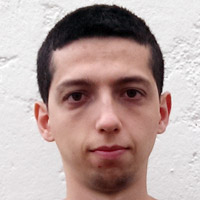
Lecturer, Human-Computer Interaction
People
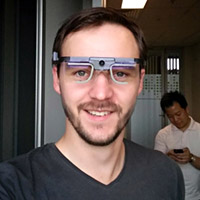 Fraser Allison, Research Fellow
Fraser Allison, Research Fellow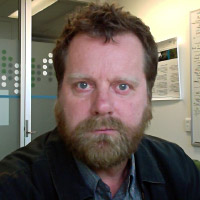 Martin Gibbs, Professor
Martin Gibbs, Professor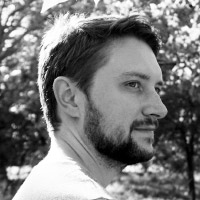 Ryan Kelly, Lecturer
Ryan Kelly, Lecturer Vassilis Kostakos, Professor of Human Computer Interaction
Vassilis Kostakos, Professor of Human Computer Interaction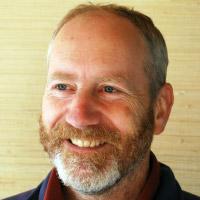 Wally Smith, Associate Professor
Wally Smith, Associate Professor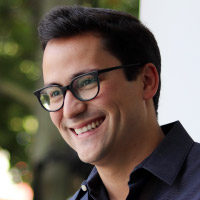 Eduardo Velloso, Senior Lecturer in Human-Computer Interaction
Eduardo Velloso, Senior Lecturer in Human-Computer Interaction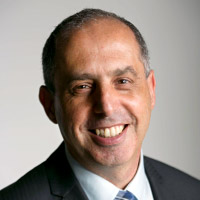 Frank Vetere, Professor
Frank Vetere, Professor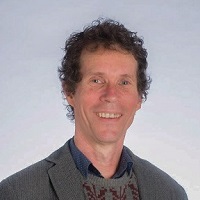 Greg Wadley, Senior Lecturer
Greg Wadley, Senior Lecturer Niels Wouters, Research Fellow
Niels Wouters, Research Fellow